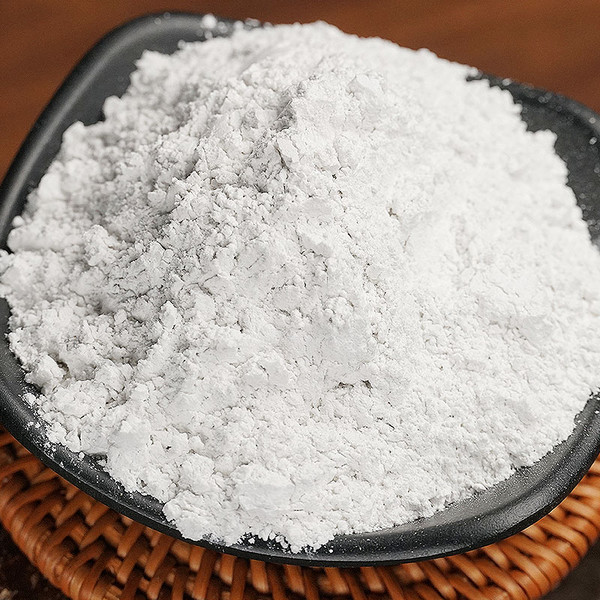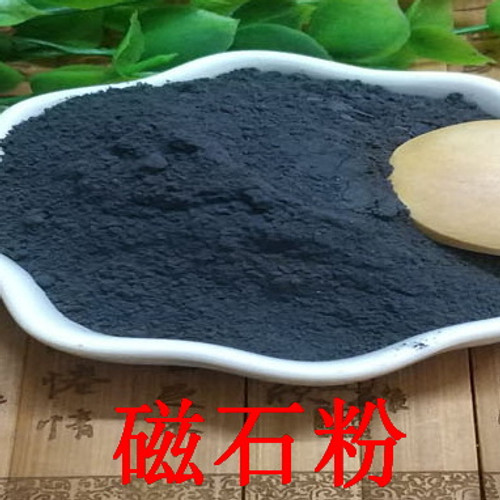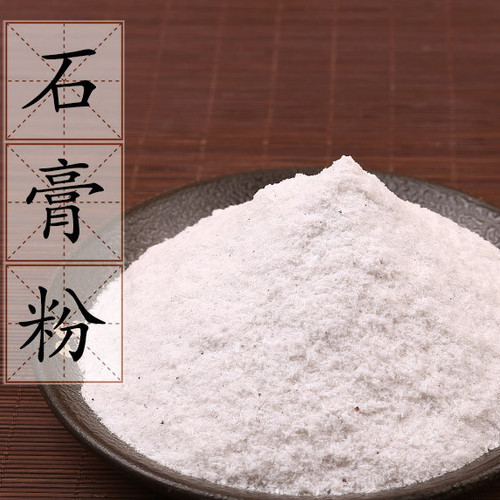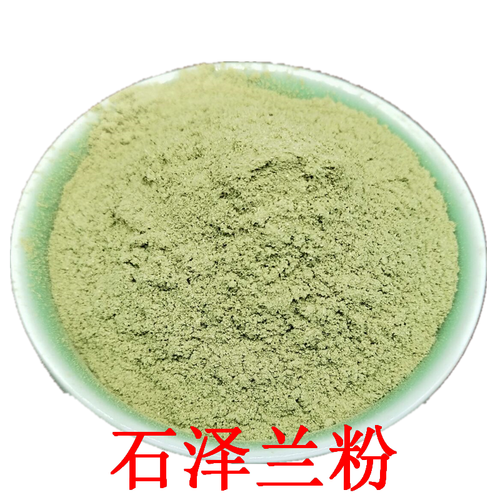Product Overview
Parts used: The mineral itself
TCM category: Herbs that drain Dampness
TCM nature: Cold
TCM taste(s): Sweet
Meridian affinity: Bladder Stomach
Scientific name: Talcum (hydrated magnesium silicate)
Use of talc (Hua Shi) in TCM
Please note that you should never self-prescribe TCM ingredients. A TCM ingredient is almost never eaten on its own but as part of a formula containing several ingredients that act together. Please consult a professional TCM practitionner, they will be best able to guide you.
Preparation: Ground the talc to powder before use.
Dosage: 9 - 12 grams
Main actions according to TCM*: Encourages urination. Expels Damp-Heat from the Urinary Bladder. Dispels Summer Heat. Dries Dampness when applied topically.
Primary conditions or symptoms for which talc may be prescribed by TCM doctors*: Urinary tract infection Excessive thirst Restlessness Palpitations Summer Heat Diarrhea Eczema Sores Oliguria Dysuria Fever Heat rash
Contraindications*: This substance should not be used when there are no signs of a Damp-Heat condition and should be avoided during pregnancy
Common TCM formulas in which talc are used*:
For Summer-Heat with fever, severe thirst and reduced urine combine talc with korean mint (Huo Xiang), eupatorium herbs (Pei Lan), job's tears (Yi Yi Ren) and lotus leaves (He Ye).
For fever without sweating and stupor combine talc with sweet wormwood herbs (Qing Hao) and hyacinth beans (Bai Bian Dou).
For abdominal distension, difficult urination and constipation combine talc with bush cherry pits (Yu Li Ren), job's tears (Yi Yi Ren) and poria-cocos mushrooms (Fu Ling).
Key TCM concepts behind talc (Hua Shi)'s properties
In Traditional Chinese Medicine (TCM), talc are plants that belong to the 'Herbs that drain Dampness' category. These herbs are typically diuretics, meaning that they promotes the increased production of urine in order to remove Damp that has accumulated in the body. According to TCM Damp accumulates first in the lower limbs, causing edema and impaired movement. From there, if unchecked, it can move upward and impair digestion and eventually the respiratory system.
Furthermore talc are plants that are Cold in nature. This means that talc typically help people who have too much "heat" in their body. Balance between Yin and Yang is a key health concept in TCM. Those who have too much heat in their body are said to either have a Yang excess (because Yang is Hot in nature) or a Yin deficiency (Yin is Cold in Nature). Depending on your condition talc can help restore a harmonious balance between Yin and Yang.
Talc also taste Sweet. The so-called "five elements" theory in Chinese Medicine states that the taste of TCM ingredients is a key determinant of their action in the body. Sweet ingredients like talc tend to slow down acute reactions and detoxify the body. They also have a tonic effect because they replenish Qi and Blood.
The tastes of ingredients in TCM also determine what organs and meridians they target. As such talc are thought to target the Bladder and the Stomach. In TCM the impure water collected by the Kidneys that cannot be used by the body is sent to the Bladder for storage and excretion as urine. The Stomach on the other hand is responsible for receiving and ripening ingested food and fluids. It is also tasked with descending the digested elements downwards to the Small Intestine.









